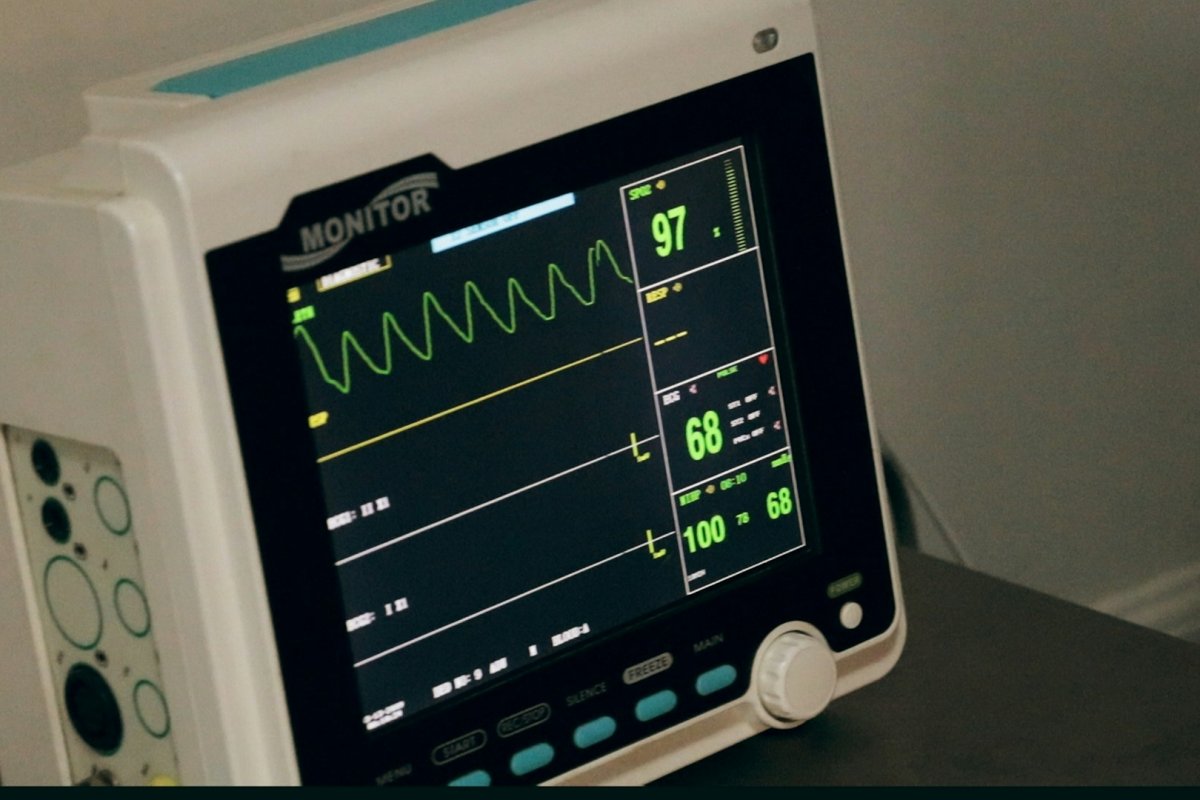
An increased heart rate at rest, known as tachycardia, can lead to the formation of dangerous blood clots, warns cardiologist Diana Chekhoeva in her personal Telegram channel.
According to a specialist, an increase in heart rate, caused by physical activity or stress is considered normal. However, in other cases, an elevated heart rate may indicate serious health problems such as irregular heart rhythm, heart failure, anemia, or thyroid disease.
“A rapid heartbeat itself can contribute to the formation of blood clots in the heart, especially if the heart rhythm is abnormal,” the cardiologist emphasized.
It is noted that blood clots, which are blood clots in the vessels, are a serious threat to health because, break off, they can enter the bloodstream and increase the risk of stroke many times over. To avoid the formation of blood clots, in case of a constantly elevated pulse, you should consult a doctor to prescribe blood-thinning drugs.
“A rapid heart rate by itself does not cause blood clots. However, a rapid heart rate may be a sign of certain conditions that increase the risk of blood clots. For example, a rapid heart rate may be associated with irregular heart rhythms, anemia, or other heart and vascular diseases, which in turn may promote the formation of blood clots. Thus, it is important to identify the cause of the rapid pulse and treat the underlying disease to prevent blood clots,” says cardiologist Oleg Varfolomeev specifically for MedicForum.
< b>Varfolomeev named methods for preventing thrombosis:
Physical activity
Regular physical exercise helps maintain the health of the heart and blood vessels, improves blood circulation and reduces the risk of blood clots. It is recommended to engage in aerobic exercise, such as walking, swimming or cycling, for at least 30 minutes a day, at least 5 days a week.
Eating well
Eating a healthy and balanced diet rich in vegetables, fruits, whole grains, fish and low-fat dairy products helps lower blood cholesterol and improves vascular health.
Maintaining a healthy weight
Excess weight increases the load on the heart and blood vessels, increasing the risk of blood clots. Maintain a healthy weight through regular physical activity and a healthy diet.
Blood pressure control
High blood pressure can damage the walls of blood vessels, which promotes the formation of blood clots. Measure your blood pressure regularly and monitor its readings. If necessary, take measures to reduce it under the guidance of a doctor.
Breaking a sedentary lifestyle
When sitting for long periods of time, it is recommended to take breaks for exercise or just active movement. This will help improve blood circulation and reduce the risk of blood clots in the legs.
Avoiding smoking and drinking alcohol
Nicotine and alcohol constrict blood vessels and increase the risk of blood clots. Avoid smoking and limit alcohol consumption.
MedicForum previously wrote about the dangers of fast food and baked goods for health.
Important! Information is provided for reference purposes. Ask a specialist about contraindications and side effects and under no circumstances self-medicate. At the first signs of illness, consult a doctor.
